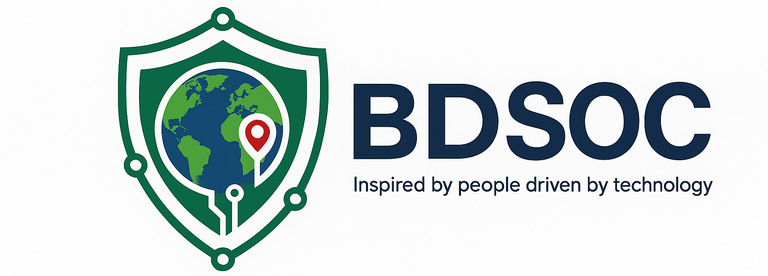AWS Infrastructure Security Review
Harden Your AWS Environment. Reduce Risk. Stay Compliant.
At BDSOC Inc., we perform in-depth AWS Infrastructure Security Reviews to help businesses identify misconfigurations, reduce exposure, and strengthen cloud defenses. Whether you’re a growing startup or a regulated healthcare provider, our review ensures your AWS environment aligns with security best practices and compliance requirements.
We evaluate your cloud architecture, identity policies, and network posture to identify gaps that could lead to data leaks, unauthorized access, or audit failure.
Identity and Access Management (IAM) policies
Security Group and Network ACL configurations
S3 bucket permissions and encryption
Logging, monitoring, and CloudTrail setup
Root account protection and MFA enforcement
Key Management Service (KMS) usage and key rotation
EC2, RDS, and EBS hardening
VPC flow logs and traffic segmentation
Public vs private resource exposure
Backup policies and disaster recovery planning
Compliance alignment with HIPAA, NIST, NY SHIELD, and CIS Benchmarks
What We Review in AWS


AWS provides a secure platform, but you are responsible for securing your own cloud environment. One misconfigured setting could expose thousands of sensitive records or violate regulatory standards.
Top risks we identify:
✔ Unrestricted public access to S3 buckets
✔ Overprivileged IAM users and roles
✔ Inactive access keys and credentials
✔ Missing logs or alerting for suspicious activity
✔ Improper encryption or key management
✔ Exposure of PHI or financial data to external actors
Why AWS Security Reviews Are Critical


Step 1: Scope and Credential Setup
We define the environment and connect using secure, read-only access.
Step 2: Cloud Inventory and Baseline Review
We analyze services in use, regions, and core configurations.
Step 3: Security Assessment
We evaluate access controls, data security, logging, and exposure risks.
Step 4: Compliance and Gap Analysis
We compare your setup against NIST, HIPAA, CIS Benchmarks, and AWS Well-Architected Framework.
Step 5: Final Reporting and Walkthrough
We deliver a full security report with risk levels and action-oriented remediation steps.
Our AWS Review Process


Based in New York with over 12 years of experience securing cloud, hybrid, and on-premise environments
Trusted by small clinics, home healthcare companies, and multibillion dollar organizations
All reviews performed by certified professionals including CISSP, CISA, CISM, CRISC, CCISO, and PMP
Proven success helping clients meet HIPAA, NY SHIELD, and cybersecurity insurance requirements
Clear, actionable reports tailored for both executives and technical teams
Why Choose BDSOC Inc.


Two widely recognized frameworks for structuring an incident response plan are developed by NIST (National Institute of Standards and Technology) and SANS (SysAdmin, Audit, Network, Security). Both frameworks outline similar steps but differ in their approach:
NIST Framework
Preparation
Detection and Analysis
Containment, Eradication, and Recovery
Post-Incident Activity
SANS Framework
Preparation
Identification
Containment
Eradication
Recovery
Lessons Learned
Both frameworks emphasize the importance of preparation and continuous improvement in handling security incidents effectively.
Frameworks for Incident Response
Our Training Partners
Our Technology Partners
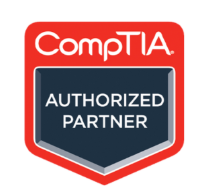

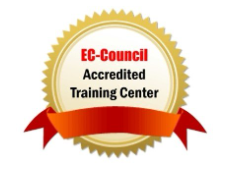





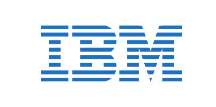

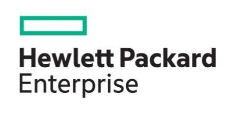

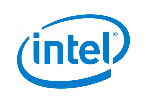

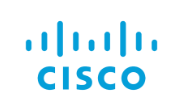




Ready to Lock Down Your AWS Environment?
Prevent breaches, reduce risk, and meet compliance standards with confidence.
